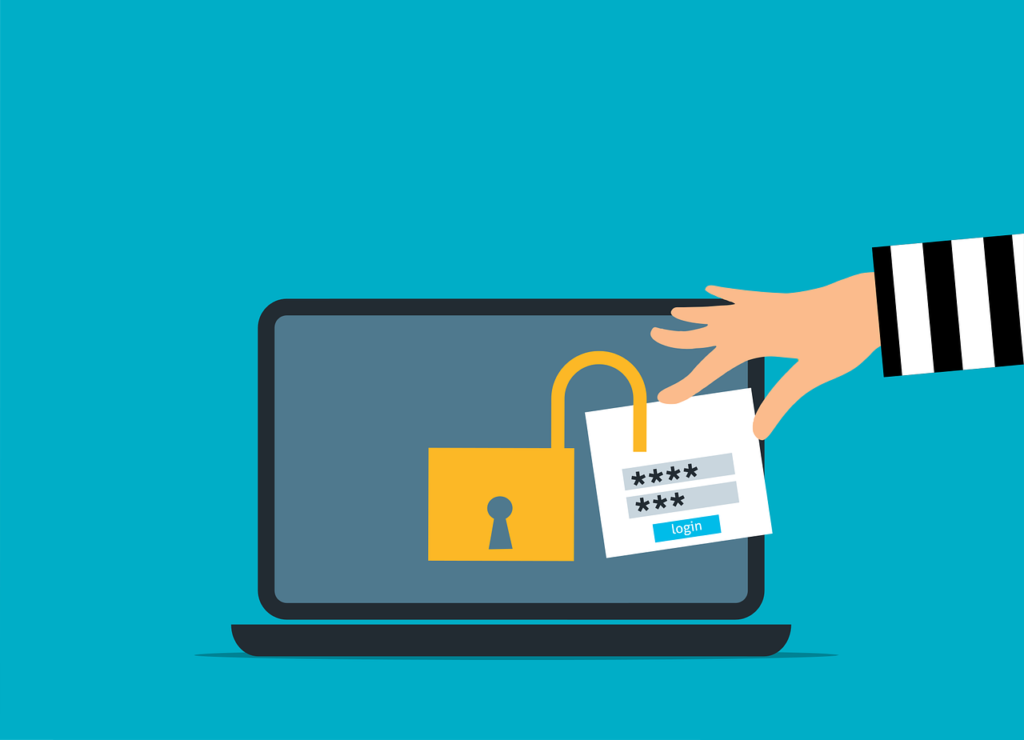
According to 2021 statistics from Statista, just under 60% of the global population used the internet last year, and this number is growing. The world wide web is used for a myriad of purposes, ranging from news and social media to eCommerce shopping, gaming, working, streaming and more. Billions of people use the internet to connect with friends, colleagues and family members, to manage their banking, to make transactions, to send emails, and to submit work.
Considering the importance of the internet in the modern age, it’s crucial to assess how we use it. A Microsoft survey of 16,000 people across the globe found that youth were the most vulnerable to scams and online attacks, as they are more likely to engage in risky behavior online than their older peers. However, people of all ages can fall prey to scams and criminal attacks – and this is why understanding the risks of the internet and learning how to protect yourself online is so important. Here’s how.
#1: Make Sure That Your Passwords are Unique
Your passwords are the keys to your online accounts, and the results can be devastating if they fall into the wrong hands. Many people choose passwords that are easy to remember, such as those including names, birth dates, and physical addresses. However, if it’s easy for an internet user to remember, it may also be easy for cyber criminals to guess as well.
Using the same password for numerous accounts also puts your personal information at risk, as if a criminal can guess this password, they can access a range of your accounts in virtually no time. Microsoft recommends using a password manager to save your complex passwords and grant you easy access to your accounts. Use a password that contains at least 10 characters, as well as a combination of letters, numbers, special characters, and capitalized characters.
#2: Keep Your Social Media Accounts Personal
We all get social media invites from strangers every now and again but be cautious about accepting them. Cyber criminals can easily create fake social accounts and use them to mislead unwitting users and gain access to their information and their money.
Be wary of any strangers who ask you for personal information or money online. Check their accounts for authenticity and limit the information that they can view on your profile using your privacy settings if you do choose to accept their requests.
#3: Be Careful What You Post Online
The internet is a public virtual platform in which millions of people can see or share the things you post. Be discerning about what you post online, especially if your relatives, customers, employers, or strangers may be able to see it. Even information about your physical location or relationship status can be misused if it falls into the wrong hands.
#4: Avoid Clicking on Suspicious Links
One of the most common cybercrime attacks experienced today comes in the form of malware that a user downloads onto their devices. Criminals trick unwitting people into downloading software that they can use to steal their personal information, packaged in the form of tech support, emails, links, games and casino apps. Bear in mind that reputable casinos like Lucky Creek Casino offer their own proprietary casino apps, which are built to be secure and can be found on their official websites.
Malware is extremely prevalent online, so it’s important to avoid clicking on suspicious links or apps that come from unknown websites. If an email address, sender name, or text content contains plenty of inconsistencies and spelling errors, you may be dealing with potentially dangerous content. If you’re not sure about a link or download, contact the company offering it through their official platforms to double check. If they don’t have official platforms, steer clear!
#5: Keep Your Antivirus Updated
Outdated software is a boon for criminals, who can easily exploit it to gain access to your data. Keep your operating system and antivirus programs updated to ensure that you are protected from malicious attacks.
#6: Don’t Use Public Wi-Fi
While it’s tempting to use the free Wi-Fi offered by your local cafe, using public internet connections gives you minimal control over the security of the connection. If you cannot establish a secure connection while using Wi-Fi, don’t share any sensitive information, especially if it relates to your banking profile or social security.
#7: Check with the Experts
The internet offers a vast pool of resources for those who are looking to learn more about internet-related threats and how they can protect themselves. If you encounter a suspicious post, download, link, website or situation, don’t feel pressured to click on any links or hand over any information.
Seek out trusted tech experts who offer blog posts and podcasts about online safety and how to handle virtual threats. The more you read, the better prepared you will be to handle potential attacks when they strike!


